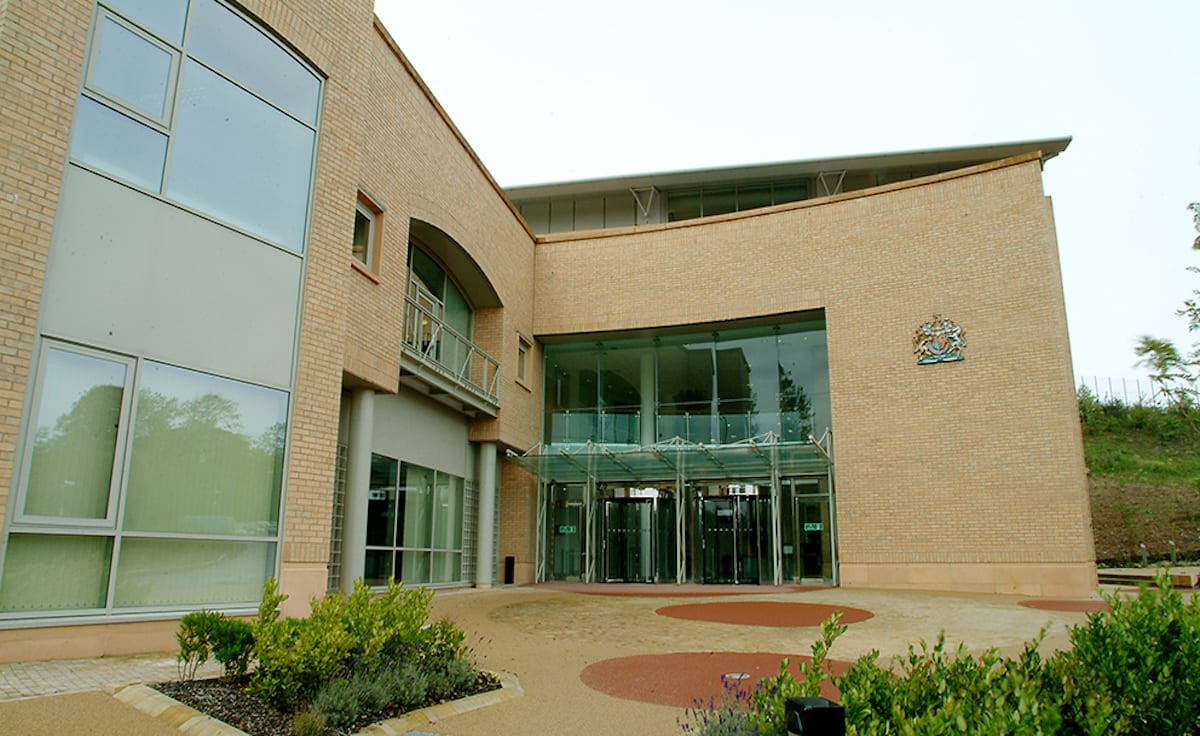
The NI Commissioner for Children and Young People Koulla Yiasouma has described courts being left with no choice other than remanding a vulnerable child in custody to assure their safety as “unacceptable”.
Her comments came after a judge took the unusual step of remanding a child in custody due to the danger she poses and no available bed in a secure unit.
This was subsequently overturned at High Court and the child was released unconditionally.
The Western Health and Social Care Trust, who are responsible for the child in question, has set out the contingency plans deployed when secure accommodation is required but unavailable.
It was previously disclosed the child resides in a care facility but is “out of control” and is encouraging other children to offend.
She has been reporting missing 96 times in less than two years and is described as: “Highly vulnerable and at risk of sexual exploitation.”
The child is on bail for allegedly breaking into an off-licence on May 5 and stealing alcohol.
Her conditions include an alcohol ban and a curfew, but on the evening of May 13, she contacted police stating she couldn’t get home in time and when located, was intoxicated.
Describing the case as complex, a police officer told Dungannon Magistrates’ Court: “Opposing bail for a child is not something we take lightly, but our hands are tied. We have genuine concerns around risk to herself. She undertakes reckless behaviour and entices younger children into offending. This behaviour has escalated beyond control. Care staff find her very difficult to manage and have no power to keep her in or detain her.”
He explained the day before the burglary, the child grabbed a member of staff by the hair and punched her in the face.
Since January there have been three reports of assaulting staff and she has absconded seven times this month.
Although the child met the criteria for secure accommodation, no beds were available.
District Judge Michael Ranaghan remarked: “Everything is overridden by the need to keep this child safe. The authorities can do nothing to protect her welfare. Any child out drinking is automatically at risk of sexual exploitation. They can’t protect themselves.”
Refusing bail, he acknowledged: “I may be on very shaky ground. Sometimes we have to make decisions which are purely in the best interests of the child.”
A spokesperson for the Western Trust said: “A robust risk assessment is completed prior to any request for a secure bed, which includes what action the Trust has taken to avoid such a draconian step. When the threshold is met and no bed is available, the Trust convenes an urgent care planning meeting which is multidisciplinary in nature. Senior management are notified of the outcome and an immediate plan is agreed which can include additional staff taking the young person away from areas of risk, if they cooperate. However, in our experience, those requiring secure accommodation are usually unable to sustain this diversionary intervention, so this approach is short term in anticipation of a bed becoming available. It is hoped secure care will provide a period of containment, break the risk-taking cycle and create safety. Additional support is negotiated with partner agencies regarding safeguarding.”
Meanwhile the Commissioner, while unable to comment on this case, said: “The lack of appropriate support and accommodation for children who display distressing behaviours has been an issue for many years. I have consistently expressed frustration that the Juvenile Justice Centre is regularly used as a place of safety. It is a child’s fundamental right that custody should be a last resort and for too many, that is not the case.”
The Commissioner concluded: “While it is recognised the courts often have no choice in making sure a vulnerable child is safe, it is unacceptable to have to use custody to secure that safety. This situation is also a reminder of the need to progress the long-overdue reform of Bail Legislation but we need an Executive and Assembly to do this.”



